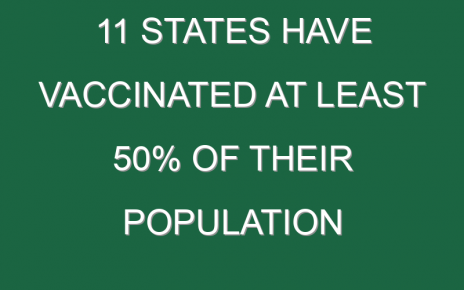Our mission to make business better is fueled by readers like you. To enjoy unlimited access to our journalism, subscribe today.
Sinovac, the private Chinese drugmaker, has delayed releasing phase III trial data for its COVID-19 vaccine multiple times, but its vaccine is still proving popular.
On Monday, Thailand’s government said it would import 2 million doses of Sinovac’s vaccine—called CoronaVac—beginning in February. Thailand’s health ministry said it would receive 200,000 doses of the vaccine that month, with the remaining supplies coming in March and April.
Thailand’s government declared this week that over a third of the country’s provinces are high-risk zones as Thailand battles its largest outbreak yet of COVID-19. Thailand had previously managed to largely eradicate COVID-19 within its borders and planned to begin rolling out vaccines in May 2021. But amid the new outbreak, Thai officials may be seeking to speed up that timeline and begin rolling out vaccines earlier than expected, pending approval from Thailand’s Food and Drug Administration.
Subscribe to Eastworld for weekly insight on what’s dominating business in Asia, delivered free to your inbox.
In Indonesia, meanwhile, health officials have already started distributing CoronaVac doses across all 34 of its provinces in preparation for a mass inoculation campaign, according to a government statement on Sunday. Once Indonesian authorities approve Sinovac’s vaccine, vaccinations will start immediately, likely later this month.
The Indonesian government appears anxious to roll out the vaccine in a bid to help control one of Asia’s worst COVID-19 outbreaks. In December, Indonesian President Joko Widodo said the country would have 3 million CoronaVac doses by January 2021, and that it would receive supplies to locally produce 45 million more doses.
Sinovac’s formal approval in Indonesia and Thailand—as well as in places like the Philippines, Hong Kong, and Turkey—will likely depend on Sinovac’s highly-anticipated data release from Brazil.
Sinovac is testing its candidate in phase III trials in Indonesia, Brazil, Turkey, and Chile, but Brazil is expected to provide the most comprehensive picture of the vaccine’s effectiveness. Sinovac started its trials in Brazil earlier than in other countries and on a larger pool of volunteers.
Sinovac has now delayed releasing results from its phase III trials in Brazil twice: first on Dec. 15, and then on Dec. 23. Authorities in Brazil have said the delays are due to Sinovac wanting to consolidate data from multiple trials; they now expect to release Sinovac’s data to the public by Jan. 7.
Brazilian authorities claimed in late December that the vaccine was between 50% and 90% effective in preventing COVID-19 infections. In Turkey, the government’s health ministry said that an interim analysis of late-stage trials showed that the vaccine was 91% effective. Turkish officials said in December they were “confident” that Sinovac’s vaccine is “safe and effective,” but regulators have yet to clear the vaccine for public distribution.
Neither Turkey nor Brazil has released any data to back up claims about CoronaVac’s phase III trials.
Sinovac’s vaccine is based on inactivated vaccine technology that makes it a more affordable option than vaccines from companies like Pfizer and Moderna.
Some Indonesians have been skeptical of using Chinese vaccines in general, while others have been concerned that a potential vaccine may not be halal or in line with Islamic religious principles. (Indonesia’s top Muslim organization is still reviewing Sinovac’s vaccine to see whether it would meet Islamic requirements.) To allay such worries in December, Indonesian President Widodo said that he would be first in line to take the vaccine once approved by Indonesian authorities.
“This to provide assurance and trust to people that the vaccine is safe,” Widodo said in a video statement.
More health care and Big Pharma coverage from Fortune:
- The COVID-19 vaccine rollout is dangerously flawed. Science and data could fix it
- These Asian countries have masterfully limited COVID outbreaks. Here’s how they did it
- COVID vaccine recipients may still be infectious. When will we know for sure?
- COVID vaccine allergies are raising concerns. Most Americans should still get their shots
- What to know about the CDC’s new COVID vaccine guidance for people with health conditions




